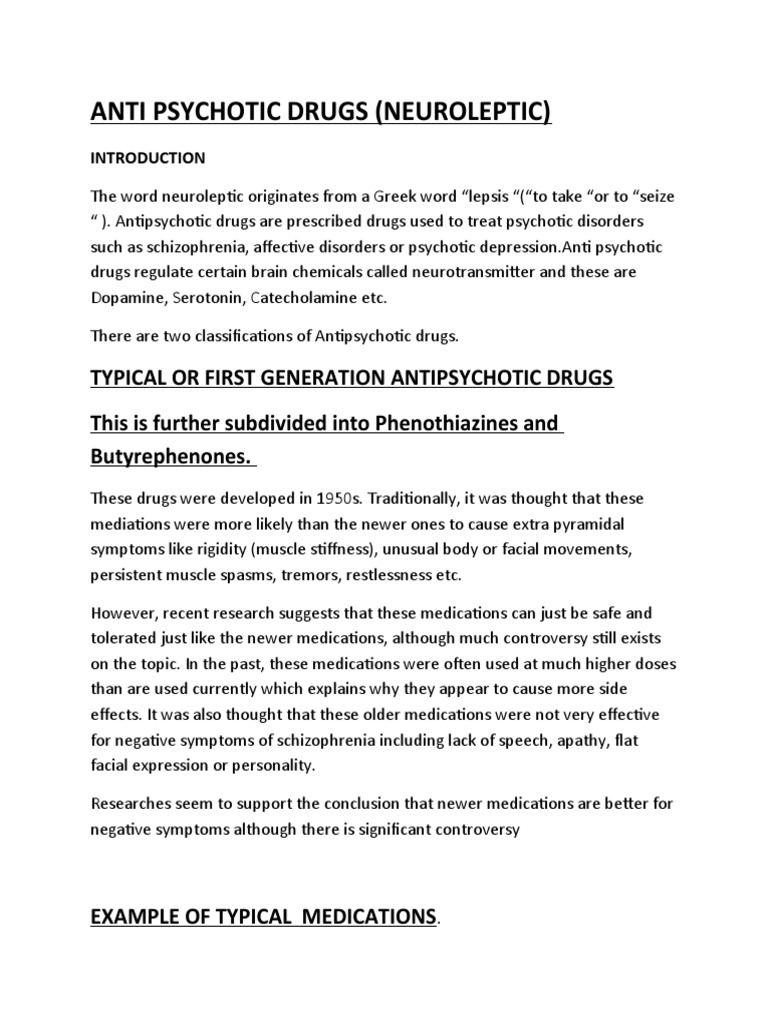The U.S. Food and Drug Administration (FDA) has sounded the alarm on older antipsychotic medications, raising concerns that reverberate through the corridors of mental health treatment. These medications, known as first-generation or typical antipsychotics, have long been a staple in psychiatric care. However, recent evaluations have prompted a reevaluation of their safety and efficacy, prompting clinicians, patients, and caregivers to examine the rationale behind their continued use.
The FDA’s warnings primarily focus on the heightened risk of adverse events associated with these medications, particularly in elderly patients with dementia. Reports reveal a stark correlation between the use of these drugs and an increased incidence of stroke and mortality in this vulnerable demographic. Such stark statistics compel a reflection on the foundational tenets of psychiatric practice. Why continue reliance on these older pharmacological agents when more sophisticated alternatives exist?
Another dimension of this discourse highlights the pervasive, albeit somewhat perplexing, fascination with these older antipsychotic drugs. Some mental health professionals argue that their long history of use has contributed to a certain level of comfort among practitioners. There’s an undeniable gravitation towards established treatment protocols; they exude an aura of reliability, a quality that can be reassuring in the often tumultuous landscape of mental health care.
However, it is essential to navigate this terrain with a discerning eye. As the FDA’s warnings suggest, the pharmacodynamics of these older medications can lead to a host of side effects and complications that may outweigh their benefits, particularly when phased against newer antipsychotics. Second-generation or atypical antipsychotics have relatively emerged as more favorable options, offering improved efficacy profiles and decreased side-effect burdens. Yet, the transition to these newer drugs often encounters inertia, fueled by a combination of entrenched practices and a possible lack of awareness regarding evolving treatment protocols.
Moreover, the psychological implications of these warnings extend beyond mere pharmacotherapy. They invite a broader conversation surrounding the treatment landscape for mental illness, where the prioritization of patient safety often finds itself at odds with long-standing therapeutic traditions. This complexity embodies not just a medical discourse but a societal reflection, urging stakeholders—from healthcare providers to policy-makers—to reevaluate their approaches towards mental health treatment.
In essence, the FDA’s warning acts as a clarion call, reminding us that the past should not unduly influence our present or future treatment paradigms. While older antipsychotic drugs have served myriad patients throughout the decades, a modern understanding of mental health necessitates innovation and adaptability. The path forward must prioritize a vigilant reassessment of the standards in psychiatric care, ensuring that the safety and well-being of patients remain at the forefront of treatment decisions.
